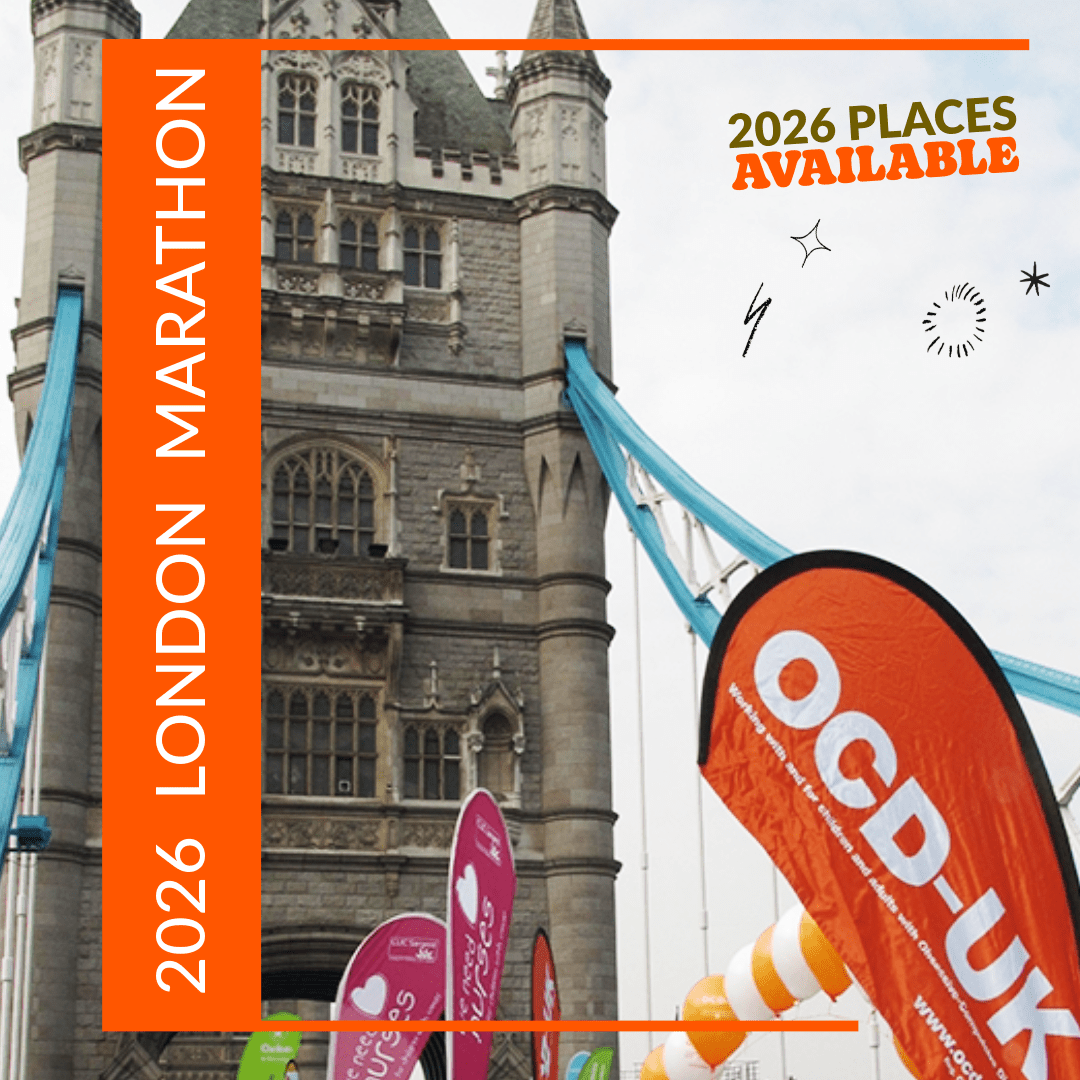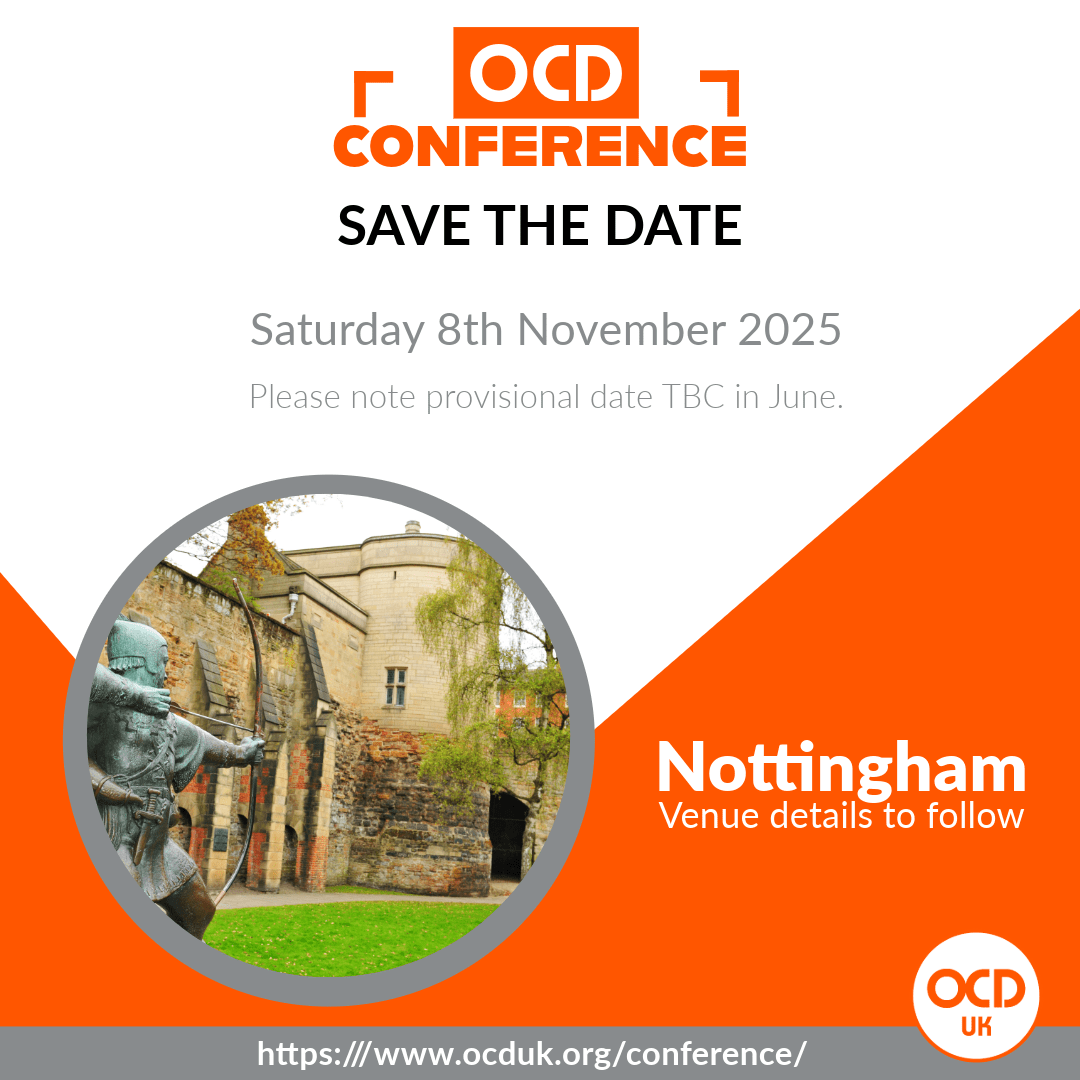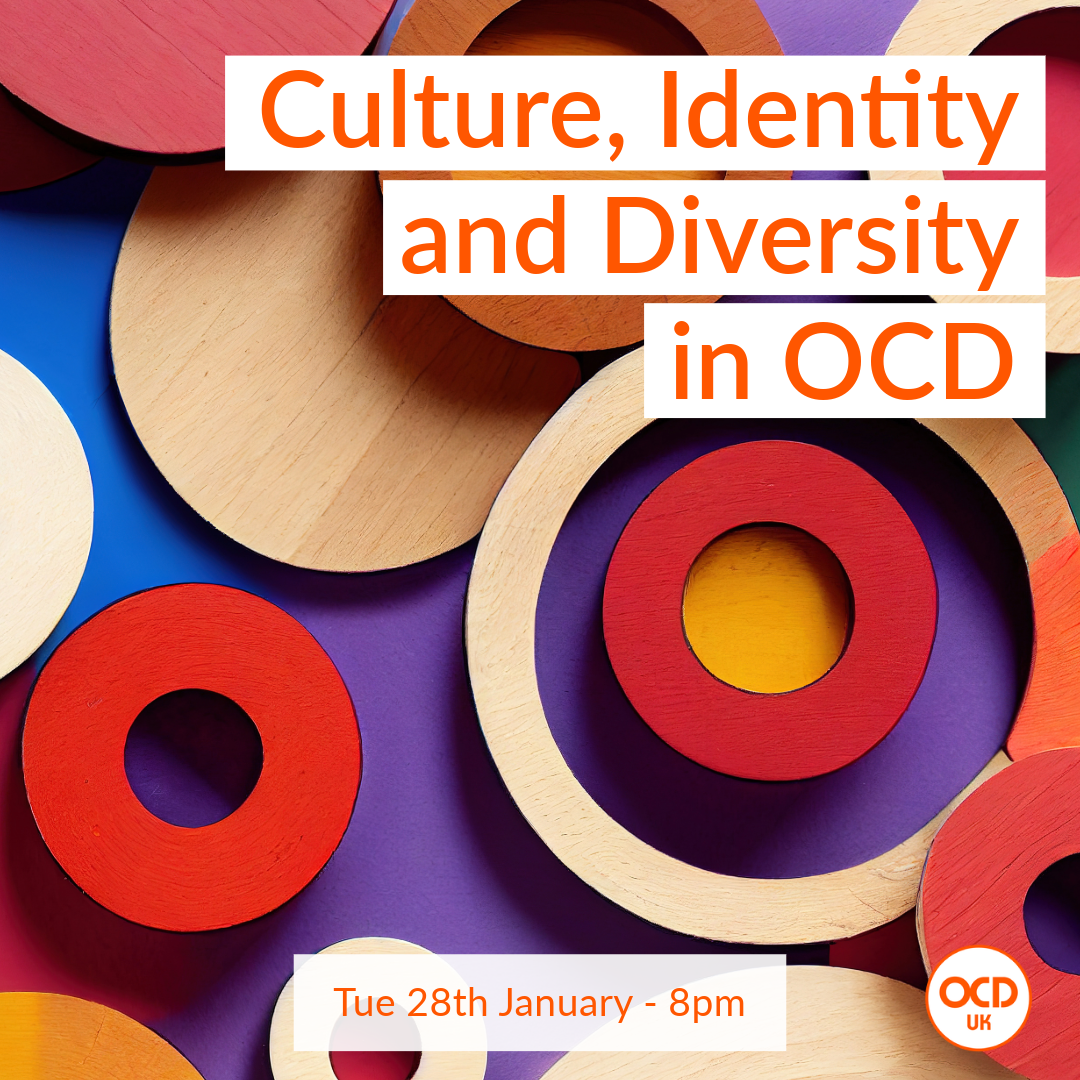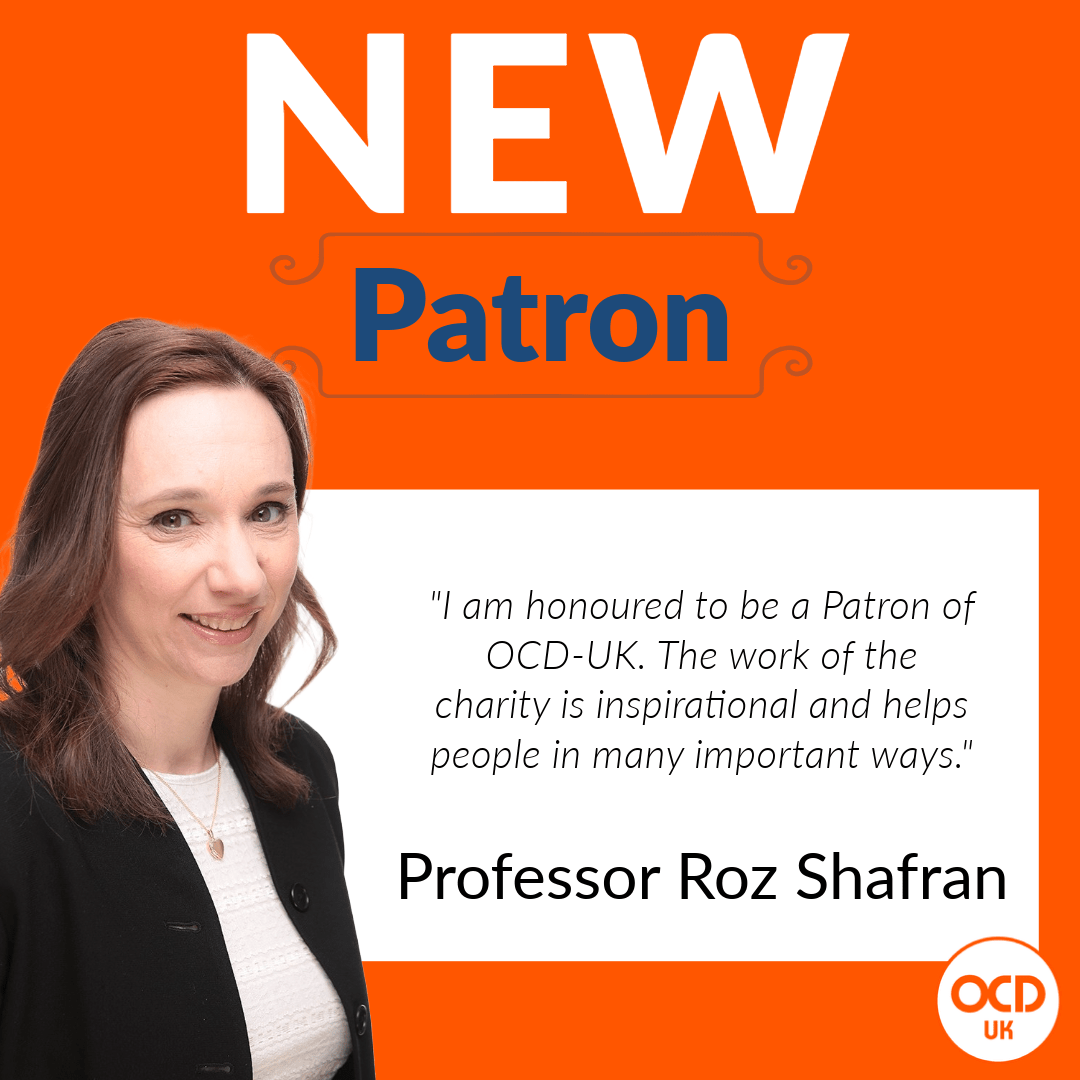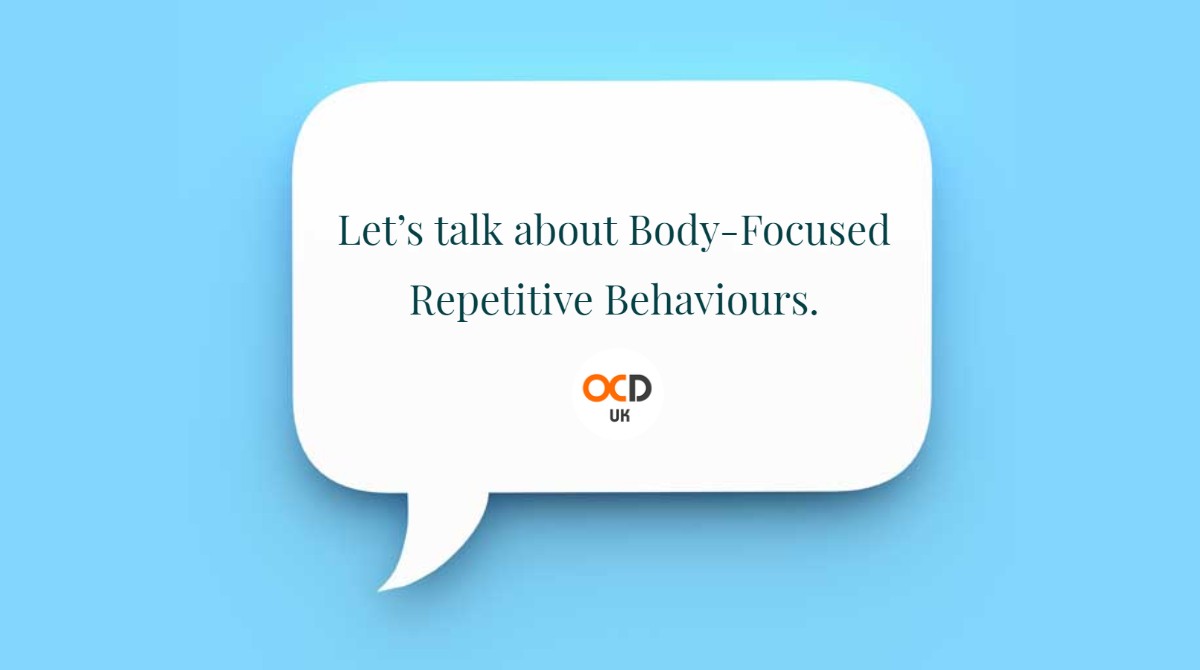 This week is #BFRBweek, a week dedicated to highlighting the impact of Body-Focused Repetitive Behaviours (BFRBs).
This week is #BFRBweek, a week dedicated to highlighting the impact of Body-Focused Repetitive Behaviours (BFRBs).
OCD-UK are happy to support the work of organisations that aim to raise awareness of BFRBs and we hope this post will help highlight some of the problems those with BFRBs experience.
The Diagnostic and Statistical Manual of Mental Disorders (DSM), published by the American Psychiatric Association, provides clinicians with official definitions for diagnosing mental health disorders. Within DSM-5, BFRBs are listed within the group of ‘Obsessive-Compulsive and Related Disorders’.
Does this mean BFRBs are OCD?
Whilst there are some compulsive and ritualistic similarities between OCD and BFRBs, it is generally considered that BFRBs are slightly different from Obsessive-Compulsive Disorder. OCD is primarily driven by unwanted intrusive thoughts, with compulsions carried out in an attempt to prevent bad things happening, whereas typically BFRBs are carried out to reduce tension/stress or even out of habit, rather than being initiated by an unwanted intrusive thought.
But what is not in doubt, is that BFRBs are equally as distressing for the person suffering and can severely impact on a person’s social life.
These behaviours are not habits or tics; rather they are complex disorders that cause people to repeatedly touch their hair and body in ways that cause a person distress and just like in OCD, have a profound effect on the person’s ability to function. In some cases, BFRBs can result in physical damage.
So what are BFRBs?
Currently, trichotillomania (hair pulling) and excoriation (skin picking) are the only BFRBs specified within the Diagnostic and Statistical Manual of Mental Disorders (DSM-5), however BFRBs are a cluster of conditions characterised by repetitive and compulsive self-grooming behaviours that damage the body. These include:
- Trichotillomania (hair pulling)
- Dermatillomania/excoriation disorder (skin picking)
- Skin-biting
- Nail-biting
- Nail picking
- Cheek biting
- Tricophagia (eating one’s own hair)
- Rhinotillexomania (nose picking)
How to treat BFRBs?
Just like OCD, those suffering because of Body-Focused Repetitive Behaviours can also be helped to manage and improve their quality of life.
Behavioural therapy (BT), Cognitive Behavioural therapy (CBT) and in some cases a technique called habit reversal training are usually highlighted to be the most effective treatments for BFRBs. Your GP can arrange a referral to your local NHS mental health services, or if you’re in England you can self-refer to your local IAPT service.
If you feel you may be struggling because of a BFRB please do consult your GP.








